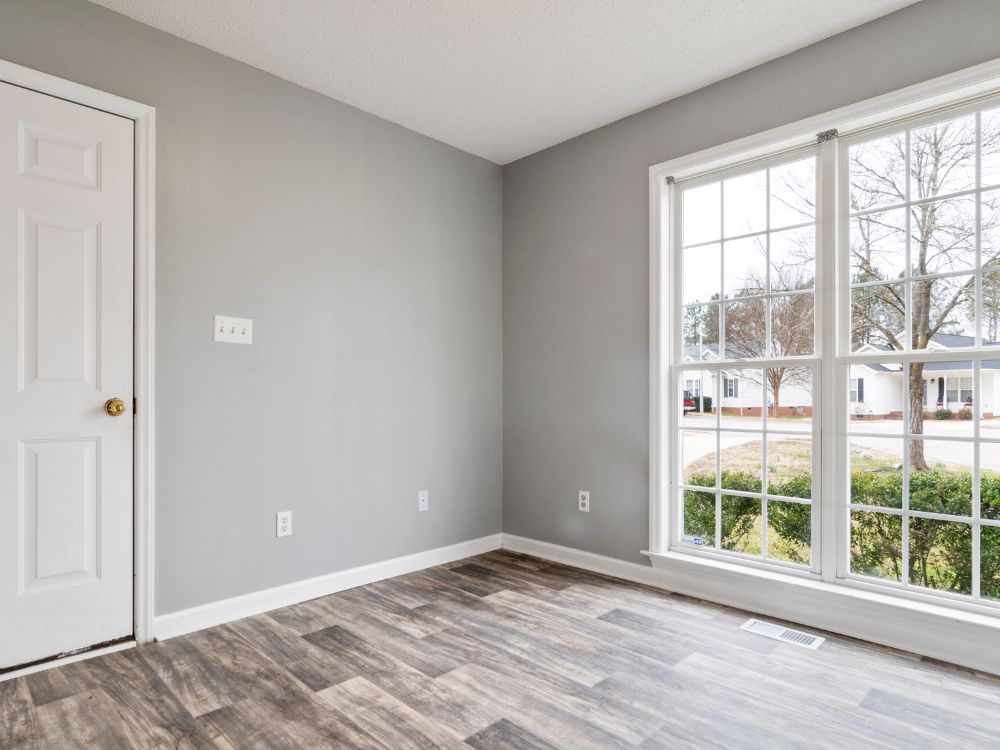
What is unoccupied property insurance?
August 7, 2024When any property is left vacant and unoccupied it is exposed to considerably greater risk than usual. It can attract vagrants, intruders, vandals, thieves, and other undesirable attention. Also, maintenance issues that go undetected can develop into full-blown emergencies.
Yet the fact remains that your home or the commercial premises you own become temporarily unoccupied for any number of reasons, for example:
- the property is being refurbished;
- you have taken an extended holiday;
- your commercial premises is shut down (for example, this recently happened during the pandemic when some businesses were forced to temporarily close their premises)
- there is a tenancy void in a let property; or
- the property remains empty pending the completion of probate.
If the property is unoccupied for longer 30-45 consecutive days (the exact period varying from one insurer to another) the regular insurance that protects the premises is likely to expire and you will need specialist unoccupied property insurance.
What are the different types of covers/perils available?
As with many types of general insurance, unoccupied property insurance can be tailored to meet the particular risks and perils of specific property types:
Residential
Your home is at risk if you leave it unoccupied for a predefined number of consecutive days. Unoccupied property insurance helps to restore the level of cover that your regular home insurance would otherwise deem to have lapsed.
This protects your home and – if required – its contents from such risks as loss or damage through break-ins and theft or from a whole host of accidental sources such as fire, storm, or the escape of water.
Commercial
Unoccupied commercial property insurance may also be required if the commercial premises you own are left closed and vacant for several weeks or more. That might be necessary if you have a major installation of new plant or machinery, for example, or the building is under refurbishment or other building works.
If there is a temporary halt to your normal business operations, the premises might be shut down. You are then likely to need unoccupied property insurance to maintain adequate protection for the structure and fabric of the building or buildings and their contents.
What are the typical conditions to look for with unoccupied premises?
In common with many other types of insurance, cover for your unoccupied property is offered on the clear understanding of your taking all reasonable precautions to minimise the risk of loss or damage.
As far as your home is concerned, for example, that means avoiding undue attention on the vacant property – such as milk or other deliveries left on the doorstep, closed curtains during the daytime, or a lawn that needs mowing.
Your neighbours and friends might offer to help with those more obvious signs that no one is at home, or you might even contract a private company to monitor your property.
Monitoring the property and ensuring its security is likely to be a condition of both unoccupied commercial property insurance and residential unoccupied property insurance. You will probably need to keep a careful log of such visits – together, of course, with any action arising from the security company’s patrols.
Other conditions – you’ll need to check your unoccupied property insurance policy – might include maintaining a constant minimum temperature in the building (to avoid frozen or burst water pipes) or the requirement to drain down the appropriate water systems altogether.
Summary
Empty and vacant residential or commercial property is inevitable from time to time. These are periods when it is likely to be at most risk from unwanted and unauthorised entry and from loss or damage caused by failures in the maintenance of the premises.
To restore and maintain the protection needed by your home or commercial premises, these are the times when unoccupied property insurance is likely to be necessary. Further reading: What to look out for with vacant premises